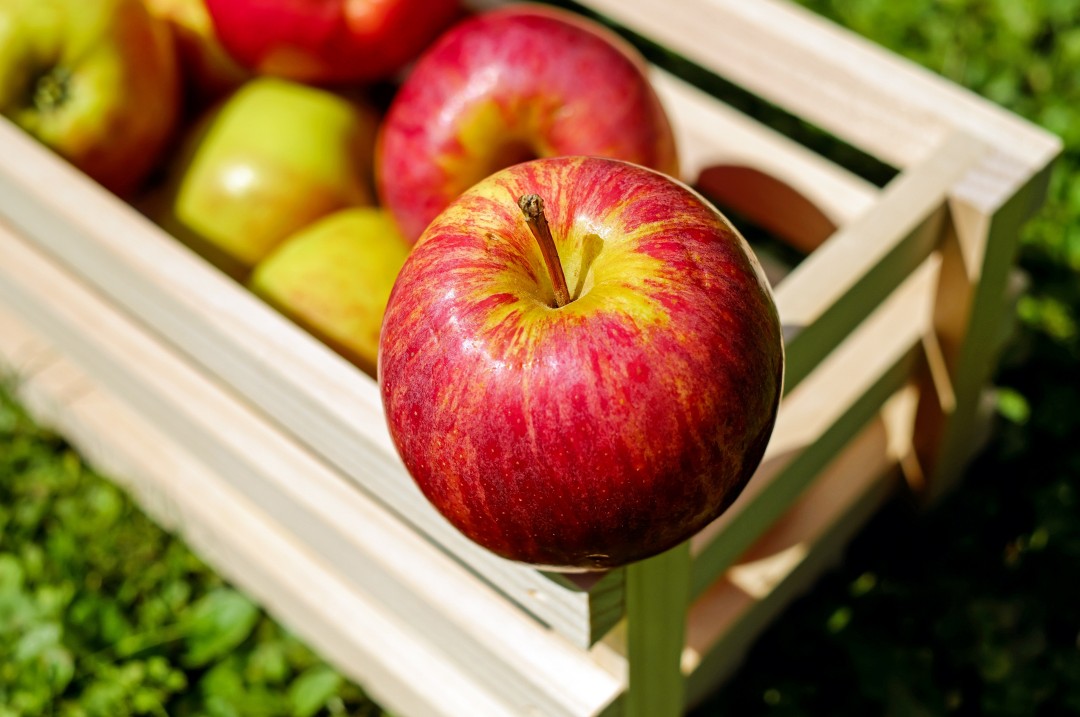Mindful Eating for Well-Being
One cannot think well, love well, sleep well, if one has not dined well.
Virginia Woolf
I believe that food is more than just fuel for your body; it’s also nourishment for your soul. This I learned at an early age. My maternal grandmother owned and operated a restaurant and my father, for many years, ran the family business – a butcher shop and food market. I grew up in a Chinese household, whose social focus was the preparation, eating and sharing of food.
My fondest childhood memories typically center on food – Chinese New Year’s feasts, Saturday morning Dim Sum (where I often battled my siblings for the last dumpling) and most notably, Sunday afternoons with my grandmother, baking her prized almond cookies.
Grandmother was a wonderful cook and my father, a butcher by trade, is a natural born chef so there was no shortage of new and delicious foods coming out of the kitchen. Most importantly, I remember how much love, care and respect went into each family meal, from selecting the foods at the market to preparing, cooking, serving and eating it. We savoured even the simplest of meals.
Today however, life as we know it can be frenetic and the notion of sitting down and mindfully eating our meals may seem impractical if not impossible. More often than not, we’re running out the door with morning coffee in hand, juggling lunch while driving the car, or wolfing down dinner in front of the television or computer. There are few of us, myself included, who can deny eating at least one meal over the kitchen sink.
What does it mean to eat mindfully? It means eating in a respectful, conscious manner that supports body, mind and spirit. It means exercising moderation, choice, wisdom and acceptance. It means practicing self-compassion and non-judgement.

Here are seven tips to help us practice mindful eating:
- Eat sitting down. Eating while you walk, drive, work or watch television are distractions that can lead you to overeat or eat too quickly.
- Eat slowly. When you gulp down food, you swallow more air. This can create indigestion or worse, a choking hazard. Chewing food completely extracts more flavour and releases enzymes in saliva, which helps break down food in the mouth before it enters the stomach. This means better absorption of nutrients.
- Eat with your senses. Pause before you eat your meal. Visually take in the food and notice the arrangement, colours and shapes. Inhale deeply and savour the aroma of the food. Chew slowly, noting the changing textures and levels of flavours that unfold. When you fully engage your senses in eating, the everyday meal becomes extraordinary.
- Eat when you’re hungry. Don’t feel that you have to follow a rigid meal schedule. Listen for your body’s hunger cues. For some of us, this may mean eating every three to five hours to maintain a healthy energy level. For others, they may function better with smaller, more frequent meals.
- Eat what you want. Self-deprivation often leads us to over indulge in the very foods we wish to avoid. For the average healthy person, eating what you want, in moderation, is the healthiest route. Exercise wisdom and choice.
- Eat until you’ve had enough. Your brain needs roughly 20 minutes to receive a signal from your stomach that you’re full. Before you dish out seconds, take a break and let your stomach digest what it has already taken in. You want to feel comfortably full, not ready to bust a seam.
- Eat with joy and gratitude. It’s not enough to eat simply for health, it’s also important that you enjoy what you eat. Mindful eating is partaking in all types of foods that make you feel nourished and satisfied.
Mindful eating can be a challenge, but by adapting just one of these tips into our daily lives, we are further along in creating greater personal wellness. Bon appétit!
Recommended Readings:
Chozen Bays, Jan, M.D. Mindful Eating. (Boston; Shambhala Publications, 2009)
May, Michelle, M.D. Eat What You Love and Love What You Eat. (Austin; Greenleaf Books, 2010)
Nahn, Thick Nhat and Lillian Cheung, D.Sc, R.D., Savor. (New York; Harper Collins Publishers, 2010)

